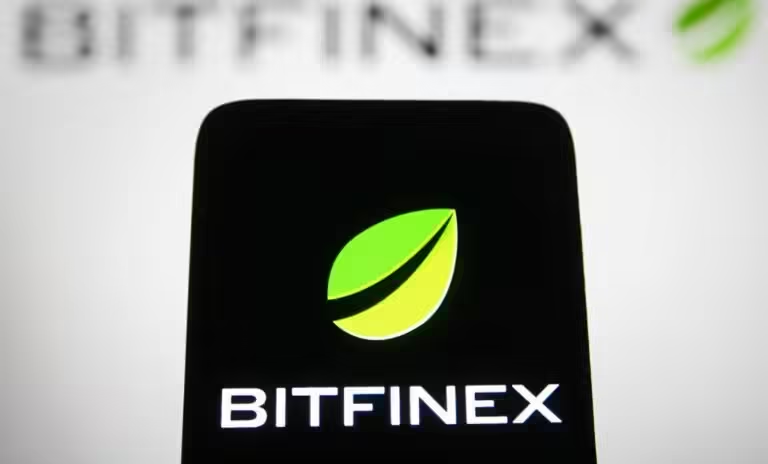|
Getting your Trinity Audio player ready...
|
A wallet linked to the U.S. government was reported compromised, resulting in an unexpected sell-off of nearly $20 million in various cryptocurrencies. On Friday, on-chain data revealed that the wallet began shifting assets, including Ethereum (ETH), USDT, USDC, and aUSDC, to another address, raising questions about the nature and timing of the transaction. The buzz across the market points to speculation: was this a sell-off linked to the U.S. government’s strategy amid the high-profile United States v. Lichtenstein lawsuit?
A Sudden Sell-Off Stirs The Market
According to the latest on-chain analysis by Arkham Intelligence, the compromised U.S. government-linked wallet (address 0xc9E) saw the suspicious transfer of $20 million in assets, specifically to another address (0x348). Market data showed that some of these assets were sold to a crypto exchange shortly after, sparking fears and curiosity among market participants.
Intriguingly, Lookonchain data published today on X (formerly Twitter) revealed that 148 ETH was transferred and subsequently sold on Binance, a leading crypto exchange. While the address 0xc9E initially received these assets from nine other addresses, including the seizure address 0xE2F, it raises speculation on whether this move is somehow tied to the ongoing Bitfinex hack investigation.
Links to the Bitfinex Hack and Ongoing Lawsuit Developments
The Bitfinex hack, one of the largest crypto breaches in history, resulted in the theft of billions and has been the subject of legal pursuits for years. The U.S. government seized large amounts of cryptocurrency related to this hack, including assets linked to addresses such as 0xE2F. The compromised funds add another layer to the ongoing legal battle in the United States v. Lichtenstein lawsuit.
This lawsuit, focusing on Ilya Lichtenstein, one of the masterminds behind the massive Bitfinex breach, has intensified recently. With U.S. prosecutors pressing for a minimum five-year sentence for Lichtenstein, the question now remains: could the government be strategically offloading crypto assets to mitigate risks or reclaim damages associated with this case? As regulatory pressure mounts on crypto markets, the sell-offs by these wallets linked to U.S. government operations are stirring intrigue and potential caution among investors.
The incident marks a rare occurrence in which government-linked wallets have directly engaged with crypto markets in a notable volume. According to Arkham Intelligence’s report, this sell-off included an AAVE transaction, a first since February. This rare activity by a government-linked wallet on the AAVE protocol signals an unusual shift in approach to managing crypto holdings, particularly as legal and regulatory scrutiny intensifies around crypto assets connected to criminal investigations.
Also Read: Bitfinex Hack Mastermind Faces Sentencing – $6B Crypto Heist Culprit Could Get 5 Years
Security Concerns Heighten Amid Money Laundering Tactics
Adding to the controversy, Arkham’s analysis hinted that the attacker employed money-laundering tactics to liquidate the compromised crypto holdings. While the details of this laundering method remain unconfirmed, it underscores growing concerns about the security of even high-profile wallets, and raises the stakes for regulators and law enforcement. The timing of this alleged compromise couldn’t be more coincidental, with the United States government embroiled in the Lichtenstein lawsuit and a global crypto market facing regulatory and liquidity pressures.
In the wake of these developments, crypto market participants are closely monitoring the movements of government-linked wallets. As more on-chain data becomes available, investors and enthusiasts are likely to seek clearer insights into whether this sell-off is an isolated incident or part of a broader strategy by the U.S. government.
Disclaimer: The information in this article is for general purposes only and does not constitute financial advice. The author’s views are personal and may not reflect the views of Chain Affairs. Before making any investment decisions, you should always conduct your own research. Chain Affairs is not responsible for any financial losses.
I’m a crypto enthusiast with a background in finance. I’m fascinated by the potential of crypto to disrupt traditional financial systems. I’m always on the lookout for new and innovative projects in the space. I believe that crypto has the potential to create a more equitable and inclusive financial system.




